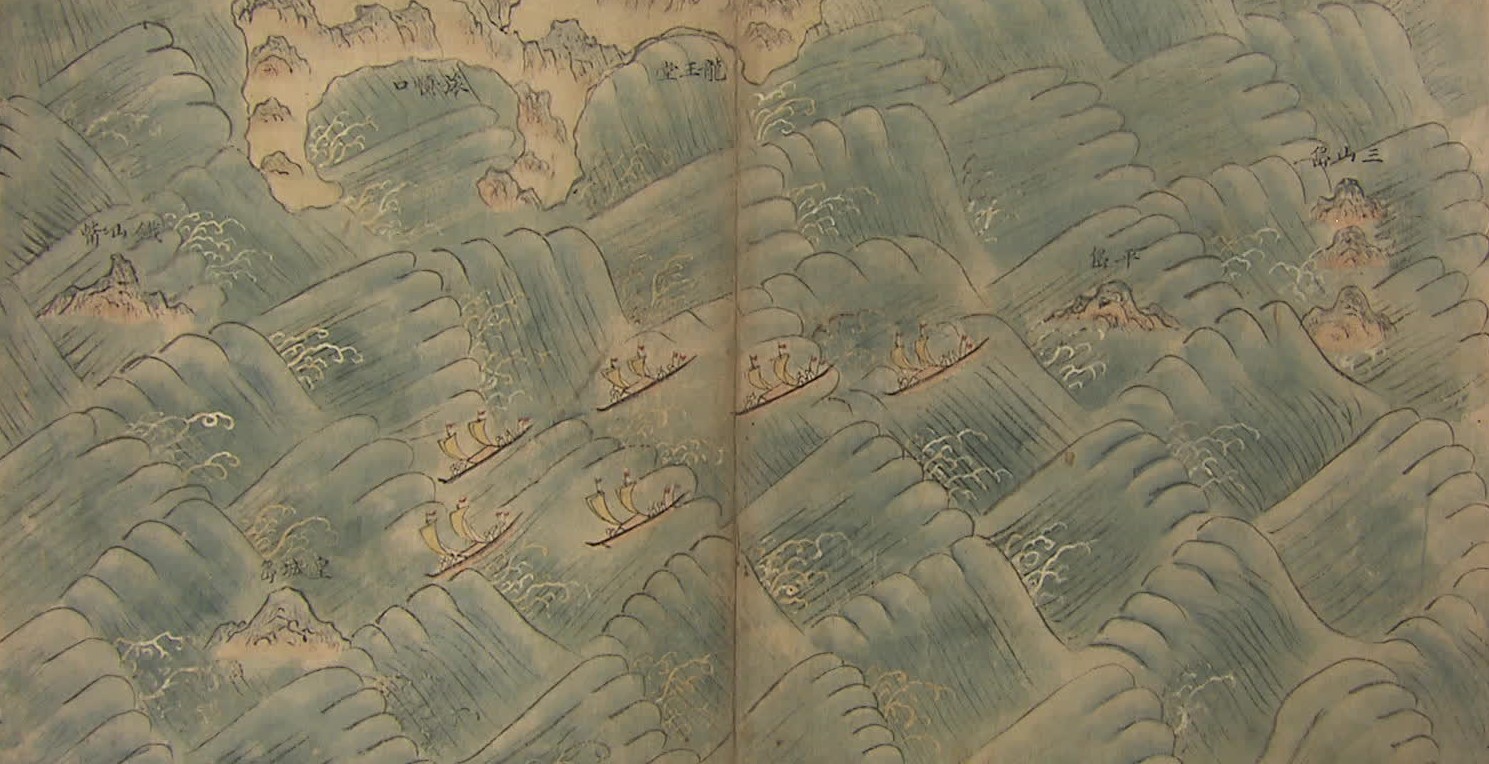International Workshop
Sinocentric Involution and Oscillation in Choson Korea:
Understanding China and the East Asian World from Chosŏn, 1392-1910
February 23-24, 2024
Arizona State University, Tempe

This cross-cultural, interdisciplinary inter-Asia workshop will provide an opportunity to share new information and perspectives on primary sources and cutting-edge research on China and the World in Chosŏn Literature. Bringing together global scholars in literature, history, cultural and religious studies, we seek to promote an interdisciplinary and transnational dialogue that will advance understanding of this complex subject. The texts and contexts revealed throughout the workshop will add to a nuanced, pluralistic understanding of the Sinocentric premodern Asian world and its operations on multiple socio-political levels, encouraging scholarly discussion and highlighting modern-day transcultural, transregional legacies.
The workshop aims to translate representations of Ming China and the wider China-centered East Asian world as they existed during the Chosŏn dynasty (1392–1910) from Korean literature into English. Suggested topics include, but are not limited to:
(1) cultural transmission and appropriation,
(2) struggles of identity,
(3) imbalanced power relations,
(4) diasporas and displacement, and
(5) ethnic and social marginalization.
Examining images of historical China and East Asia as they are portrayed in Chosŏn poetry, essays, letters, and fictional narratives, the workshop’s focus will be on representations of Ming China, which remained the dominant, nostalgic icon of Chinese kingdoms in Korean culture and society throughout the Chosŏn period.
Questions the workshop hopes to address include:
o How can we better locate China, East Asia, and the rest of the world within Chosŏn Korean literature and culture? How does this help us reconstruct the cultural geography and history of Chosŏn Korea’s relationship with China and other countries?
o To what extent and in what ways can unofficial writings complement our current understanding of Chosŏn Koreans’ attitudes toward China (Ming and Qing) and other East Asian countries, and vice versa?
o To what extent did the well-known narrative of Late Chosŏn intellectuals’ admiration and nostalgia for Ming (as opposed to Qing) translate into the realms of literature and also of (Chosŏn and other East Asian) people’s daily lives?
o How can our understanding of the dynamic relationship between the Ming and Qing dynasties and Chosŏn Korea enlighten us about contemporary geopolitical and transcultural issues?
Basic expenses, including economy airfare and lodging during the workshop will be covered.
If you are interested in presenting a paper or have any questions, please contact Dr. Sookja Cho ([email protected]).
* This workshop is sponsored by the James P. Geiss & Margaret Y. Hsu Foundation, the Humanities Institute, the School of International Letters and Cultures, and the Asia Center.


Humanities Institute
The Asia Center
School of International Letters and Cultures
